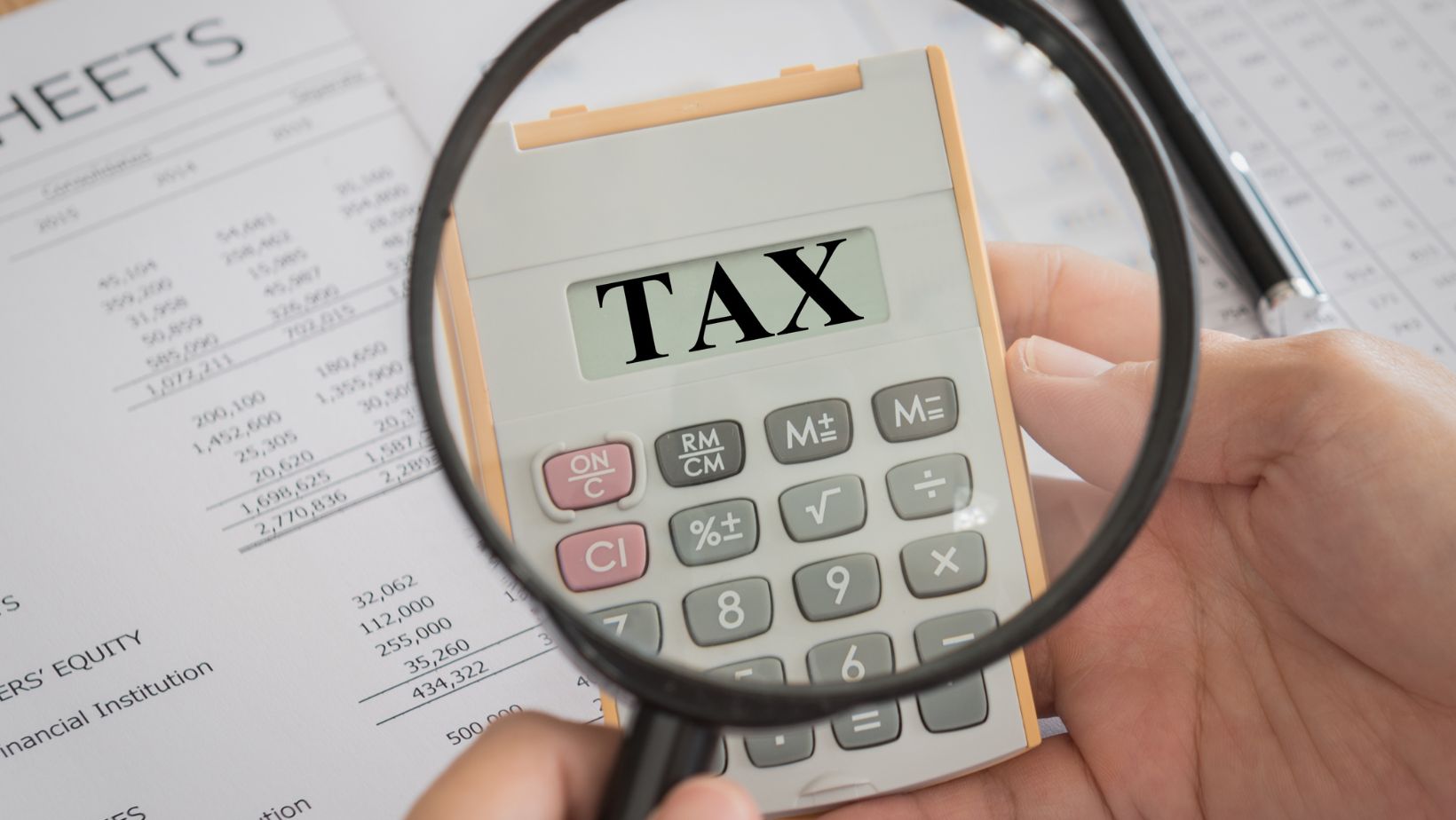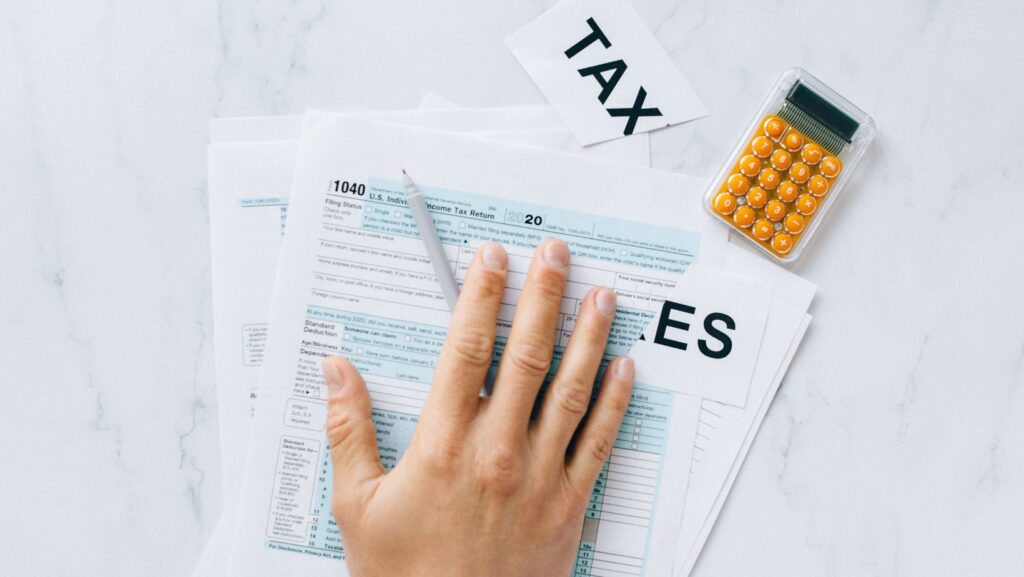As a US expat living in Australia, it can feel like entering another world with the beachy weather, good coffee, and… Byzantine tax regulations. One of the biggest fears of Americans overseas is double taxation—the prospect of paying tax twice on the same income.
The silver lining? The US-Australia tax treaty is in place to reduce this issue. But as with all things tax law, the devil is in the details. So learning how it works is key to maximize tax benefits and avoid double taxation.
What is Double Taxation?
Double taxation occurs when two nations both have a right to tax the same income. For US citizens living in Australia, this generally results in:
- The US demands a cut because the US taxes its citizens on global income, regardless of their location.
- Australia demands a cut, because Australia also taxes residents on global income.
Example: You have a salary in Sydney. Australia taxes it because you live and work there. The US taxes it too because you’re an American citizen. Without relief, you’d be paying double taxation.
How does the treaty help?
The US-Australia tax treaty helps by defining which nation has the first right to tax your income. Additionally, it allows you to claim credits or exemptions so you don’t pay two complete tax bills.
 The tax treaty:
The tax treaty:
- Establishes which nation obtains the primary taxing rights on certain kinds of income (such as dividends, pensions, and royalties).
- Enable tax credits so that you can claim what you pay in one nation as a credit against your charge in the other.
- Provides precise definitions for expressions such as “residency” and “permanent establishment.”
Note: The treaty has exceptions and detailed sections that tend to be overlooked—so it’s a good idea to look at the actual treaty or consult with a tax professional in Expat US Tax.
The Foreign Tax Credit and FEIE
There are two important tools in addition to the treaty that work for US expats:
- Foreign Tax Credit (FTC) – Allows you to subtract your foreign tax paid, dollar-for-dollar, from your U.S. tax. As Australian income tax levels tend to be higher than those in the U.S., many expats have their U.S. bill eliminated.
- Foreign Earned Income Exclusion (FEIE) – Allows you to exempt up to a certain amount of foreign earned income from U.S. tax. (For 2025, it’s $126,500.)
For most U.S. expats in Australia, the FTC tends to be more useful than the FEIE, especially if they pay high Australian taxes and want to preserve unused credits for future years.
Australian Tax Residency Rules
But first, you need to be aware of the Australian Tax Residency Rules before benefiting from the tax treaty. Whether you’re taxed as a resident in Australia depends on the Australian Taxation Office (ATO)’s residency tests, which don’t always match the IRS definition.
You’re considered an Australian tax resident if you:
- Resides Test – If you live in Australia
- Domicile Test – If your permanent residence is in Australia but you travel a lot.
- 183-Day Test – If you have just started living in Australia
 Why it’s important: If you qualify for Australian residency, you’ll be taxed on your worldwide income in Australia. If not, you’re taxed only on your Australian-sourced income, but the U.S. will tax your worldwide income because you are a citizen.
Why it’s important: If you qualify for Australian residency, you’ll be taxed on your worldwide income in Australia. If not, you’re taxed only on your Australian-sourced income, but the U.S. will tax your worldwide income because you are a citizen.
Typical Income Types in the Treaty
Some key points from the US-Australia Tax Treaty:
- Employment income: Typically taxed where the work is done.
- Pensions and Social Security: Social Security is only taxed in the U.S., whereas pensions are generally taxed where you live.
- Dividends, interest, royalties: Taxed in the country where they’re earned but often at lower rates if you fall under the treaty.
- Capital gains: Usually taxed where you live, but there are special rules for property and some investments.
Pitfalls to Watch Out For
Despite the treaty, there are pitfalls for the unwary:
- Investments and saving accounts: The US taxes capital gains differently than Australia, causing timing and amount mismatches to the FTC.
- Retirement accounts: US regulations don’t always treat Australian superannuation funds as tax-deferred, resulting in additional reporting obligations.
- State taxation in the US: It’s not covered by the treaty. If you still retain a connection to a U.S. state, you might receive additional bills.
Final Thoughts
Double taxation may seem intimidating, but with the US-Australia Tax Treaty, the Foreign Tax Credit, and good planning, you can generally avoid paying a penny more than necessary.
The difficult part is complying with two tax systems simultaneously and recognizing that one country’s residency rules don’t necessarily translate to the other.
The best option for US expats living in Australia is to hire a tax expert at Expat US Tax who knows IRS as well as ATO regulations. That way, you can spend less time worrying about tax paperwork and more time savoring your flat white.


